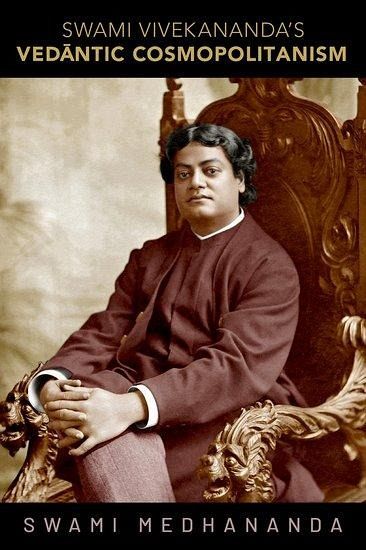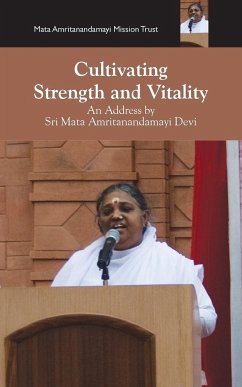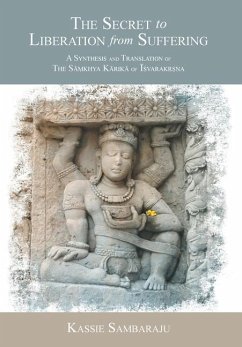
Swami Vivekananda's Ved¿ntic Cosmopolitanism
Versandkostenfrei!
Versandfertig in 1-2 Wochen
125,99 €
inkl. MwSt.
Weitere Ausgaben:

PAYBACK Punkte
63 °P sammeln!
Swami Vivekananda, the nineteenth-century Hindu monk who introduced Vedanta to the West, is undoubtedly one of modern India's most influential philosophers. Unfortunately, his philosophy has too often been interpreted through reductive hermeneutic lenses. Typically, scholars have viewed him either as a modern-day exponent of Sankara's Advaita Vedanta or as a Neo-Vedantin influenced more by Western ideas than indigenous Indian traditions. In Swami Vivekananda's Ved¿ntic Cosmopolitanism, Swami Medhananda rejects these prevailing approaches to offer a new interpretation of Vivekananda's philosop...
Swami Vivekananda, the nineteenth-century Hindu monk who introduced Vedanta to the West, is undoubtedly one of modern India's most influential philosophers. Unfortunately, his philosophy has too often been interpreted through reductive hermeneutic lenses. Typically, scholars have viewed him either as a modern-day exponent of Sankara's Advaita Vedanta or as a Neo-Vedantin influenced more by Western ideas than indigenous Indian traditions. In Swami Vivekananda's Ved¿ntic Cosmopolitanism, Swami Medhananda rejects these prevailing approaches to offer a new interpretation of Vivekananda's philosophy, highlighting its originality, contemporary relevance, and cross-cultural significance. Vivekananda, the book argues, is best understood as a cosmopolitan Vedantin who developed novel philosophical positions through creative dialectical engagement with both Indian and Western thinkers. Inspired by his guru Sri Ramakrishna, Vivekananda reconceived Advaita Vedanta as a nonsectarian, life-affirming philosophy that provides an ontological basis for religious cosmopolitanism and a spiritual ethics of social service. He defended the scientific credentials of religion while criticizing the climate of scientism beginning to develop in the late nineteenth century. He was also one of the first philosophers to defend the evidential value of supersensuous perception on the basis of general epistemic principles. Finally, he adopted innovative cosmopolitan approaches to long-standing philosophical problems. Bringing him into dialogue with numerous philosophers past and present, Medhananda demonstrates the sophistication and enduring value of Vivekananda's views on the limits of reason, the dynamics of religious faith, and the hard problem of consciousness.














